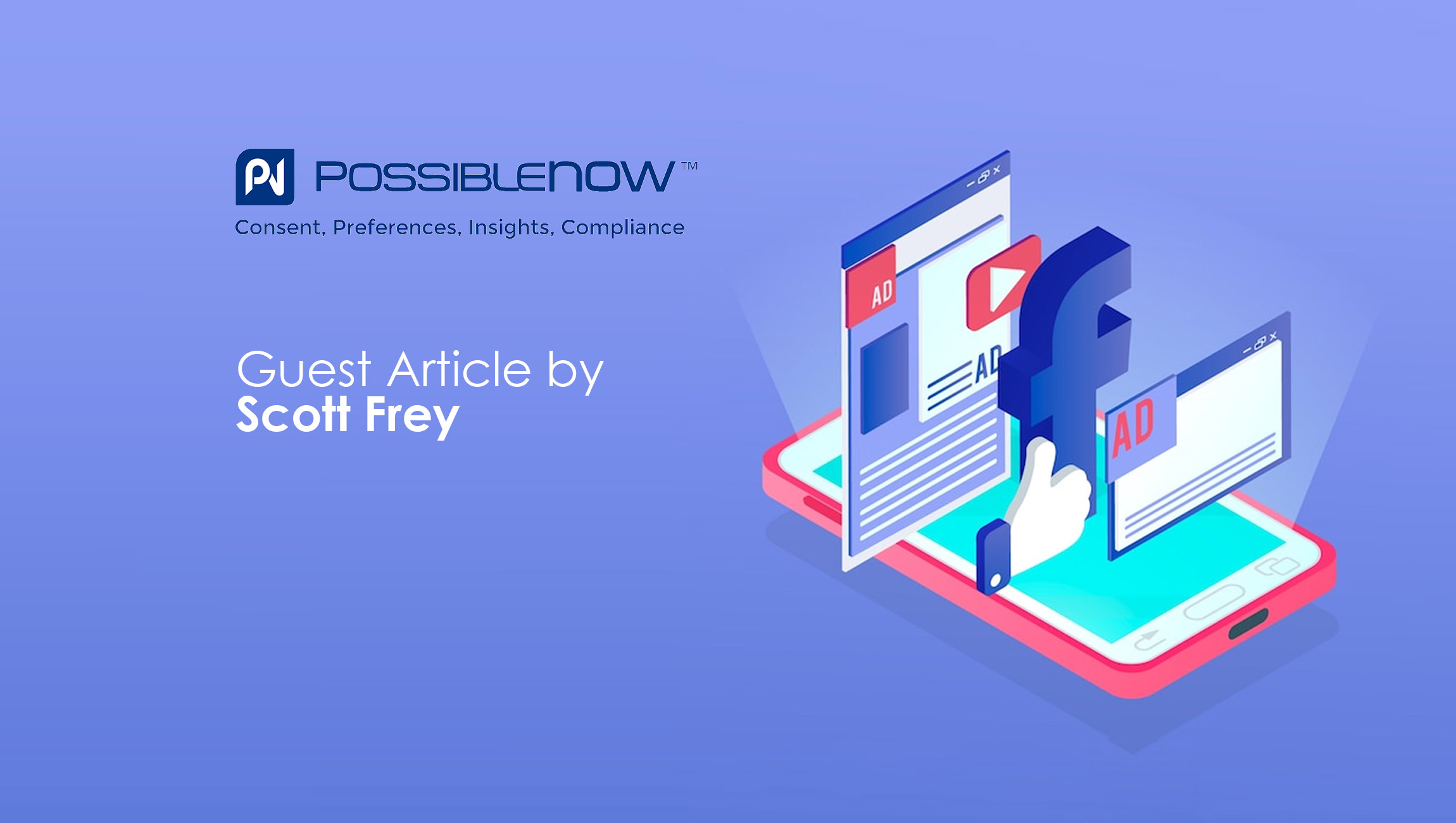In the field of information technology, blockchain is a technology which has emerged as a very promising element. It’s a type of public ledger that can be viewed by several parties which have a part in the transaction and serves as a central repository for all transactions between them. One of the primary factors driving market expansion is the growing popularity of bitcoin throughout the world. When it comes to the impact of this ground-breaking technology on marketing and advertising, newbies and even blockchain specialists have a lot of doubts. In the realm of marketing, blockchains have the potential to make a huge impact.
What Is Blockchain?
Blockchain is a decentralized type of decentralized database, meaning it is governed by a community of users rather than a single central entity. Encryption protects the data. It can’t be changed or removed. Going by the basic blockchain idea, any file or data may be stored in chain blocks. The technique is used in a variety of fields. Commercial transactions, financial data, and health data are everlasting in the blockchain system. As a result, this technology offers a fresh, open, and safe tool for businesses in advertising.
Blockchain in Advertising
Blockchain is built on distributed ledger technology, which has enormous potential to impact several aspects of the marketing value chain. Smart contracts between agencies and companies and micropayments that reward consumer engagement have the potential to transform marketing. There are more than 200+ businesses that allow blockchain to be used in marketing initiatives. Everyone participating in a start-up or a new firm needs marketing. Here is how blockchain technology is affecting marketing –
1. Sharing Of Rewards –
Distributed ledger technology organizes transactions of any size, allowing companies to make micropayments to their customers. This has far-reaching ramifications since it is used to move money straight into bank accounts, obviating the need for gift cards and limited-redeemable online credit. This gives clients a monetary incentive for each engagement, no matter how minor.
2. Verifying Of Data –
Blockchain can gather, verify, save, and auto-update databases with minimal human participation. This is thought to change the way consumer insights are approached. Since it promotes data-driven marketing, blockchain is the ideal underpinning platform for generating ideas.
3. Serverless Architecture –
When dealing with thousands of transactions, serverless architecture is a better alternative than standard cloud hosting since it allows stores to grow according to client demand. Consequently, blockchain allows companies to benefit from no performance gaps, and indirectly, it allows them to host on-demand ads.
Marketing Technology News: MarTech Interview with Heidi Arkinstall, CMO at G-P
4. Targeted Content –
Rather than employing insight generation which is automatic for successful targeting, data can be grouped to a hyper-personalized type of insight.
5. Security –
Data security is a major concern for everyone who buys or sells anything online. Everybody wonders if their personal or financial information has been exposed when there are regular breaches in the news. Each transaction on the blockchain is confirmed and publicly viewable, but the parties involved remain anonymous. As a result, all activities will be more secure, and everyone engaged will remain entirely anonymous.
6. Higher Quality of Information –
Consumers will be able to charge for their contact information, ensuring that only the firms they are interested in receive it. That may seem awful for business, but it’s a good thing. Instead of wasting money on data from individuals who aren’t interested in your firm, you’ll get focused, reliable information from those interested.
7. No Need For Middlemen –
As a brand, you want to make sure that the advertisements you buy are placed on high-quality websites specifically targeted to the demographic you want to reach. This entails paying a hefty charge to a corporation like Facebook, which has the kind of reputation that both businesses and website owners seek. It instills confidence in the process. You may completely avoid ad networks using blockchain. Users will be vetted automatically, eliminating the requirement for a third-party service like Google to establish trust. Companies that place advertising and websites that have space available can work together to provide a seamless experience.
8. Building Trust –
Building trust within consumers is critical, especially small businesses. It can be difficult for a small firm to stand apart, especially if your field has strong competitors. Many buyers are naturally skeptical of companies they’ve never heard of, and the sale of low-quality goods is rampant on the internet. No matter how small, trustworthy firms will be able to swiftly create confidence with blockchain. You’ll be able to show them every stage of the supply chain and prove where your items come from.
Blockchain is the future of marketing and business. It will benefit companies in competing, lowering costs, and increasing transparency and consumer trust.
Marketing Technology News: Mirriad Names Karen Magnani Vice President of Sales, US











